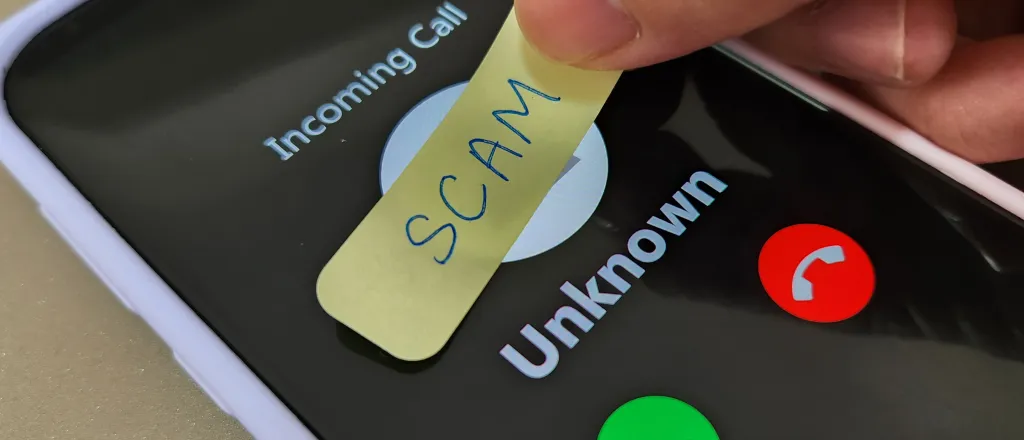
Report: Only half of phone companies use required anti-robocall technology
© celiaosk - Stock-1741822335
Click play to listen to this article.
More than three years after a federal law was passed requiring phone companies to install anti-robocall technology, fewer than half of those companies are in compliance.
The latest report on scam calls and texts finds that while robocalls are down roughly 17 percent, Americans still endure billions of these distractions every month.

© iStock - Oleksil Spesyvtsev
Teresa Murray, consumer watchdog director for the Massachusetts Public Interest Research Group, said not only are robocalls annoying - they add unnecessary stress to everyday life.
"If you add up however many times that happens per day and how many times that happens per week," she said, "I guarantee you it's a measurable amount of time that you and I will never get back."
Murray said signing up for a Do Not Call Registry won't prevent all unwanted calls but will offer some protection. She encouraged people to contact their phone companies to demand they do more, and ensure that required robocall technology is installed across their carriers' entire system.
The report says as the number of intrusive phone calls declined, robotexts have more than tripled, and experts have said they are far more dangerous. While a person can avoid answering a call, most people see the beginning words of a text, which often include scary or urgent messaging, prompting them to click a risky link.
Murray said any unexpected texts, emails or calls requiring urgent payment are a serious red flag.
"The bad guys are always trying to get people to act right now - don't hang up, don't tell anybody - because they figure if they can get you to act immediately, then you'll perhaps make a poor choice because you're distracted," she said. "It just takes a few seconds to make a bad choice."
Murray advised people to never give out personal information, even if a solicitor appears to already have it. She said legitimate companies also don't ask for payments via gift cards or through apps such as Venmo or Zelle.
Massachusetts residents who believe they're the victim of a scam are encouraged to contact the Federal Trade Commission or the state attorney general's office.

















